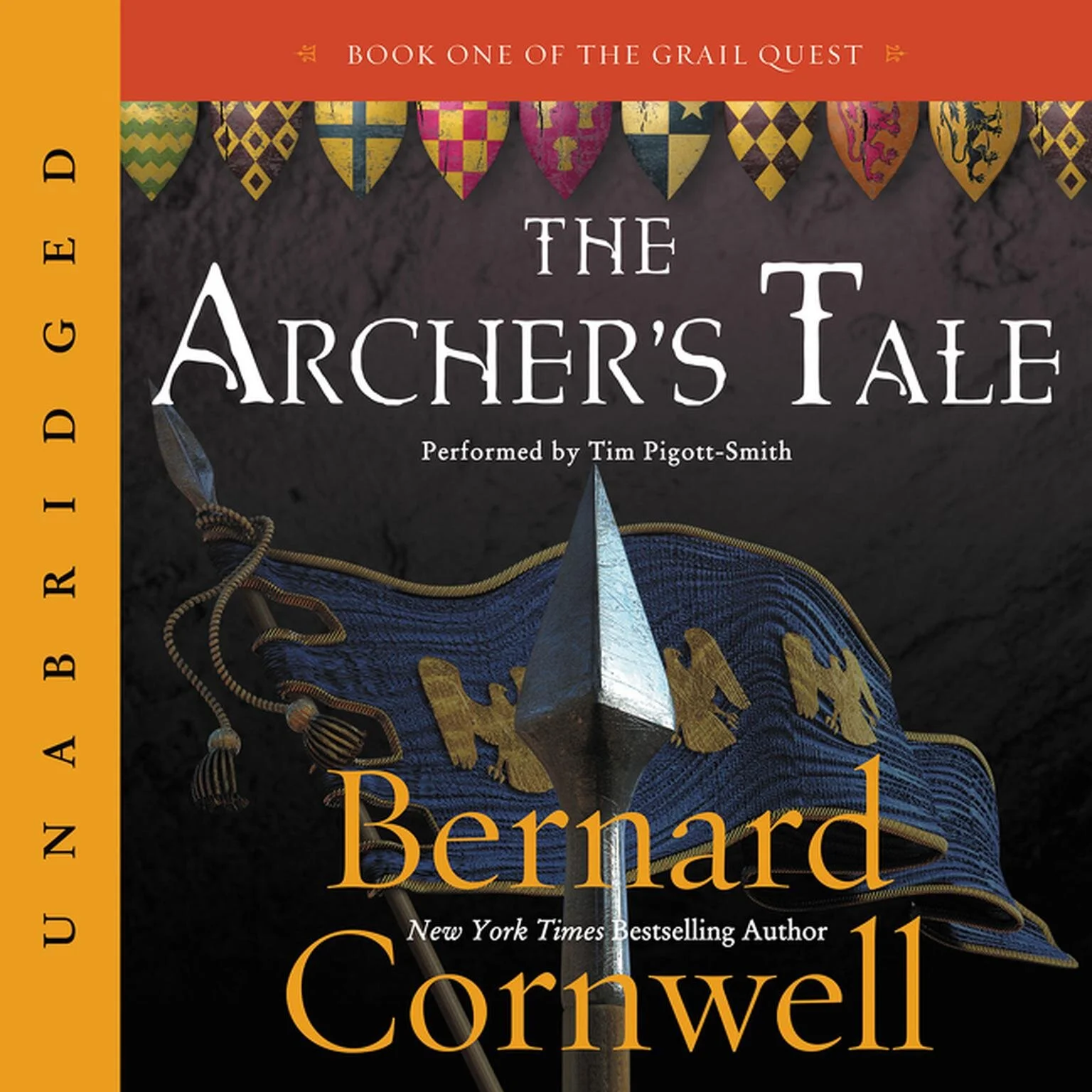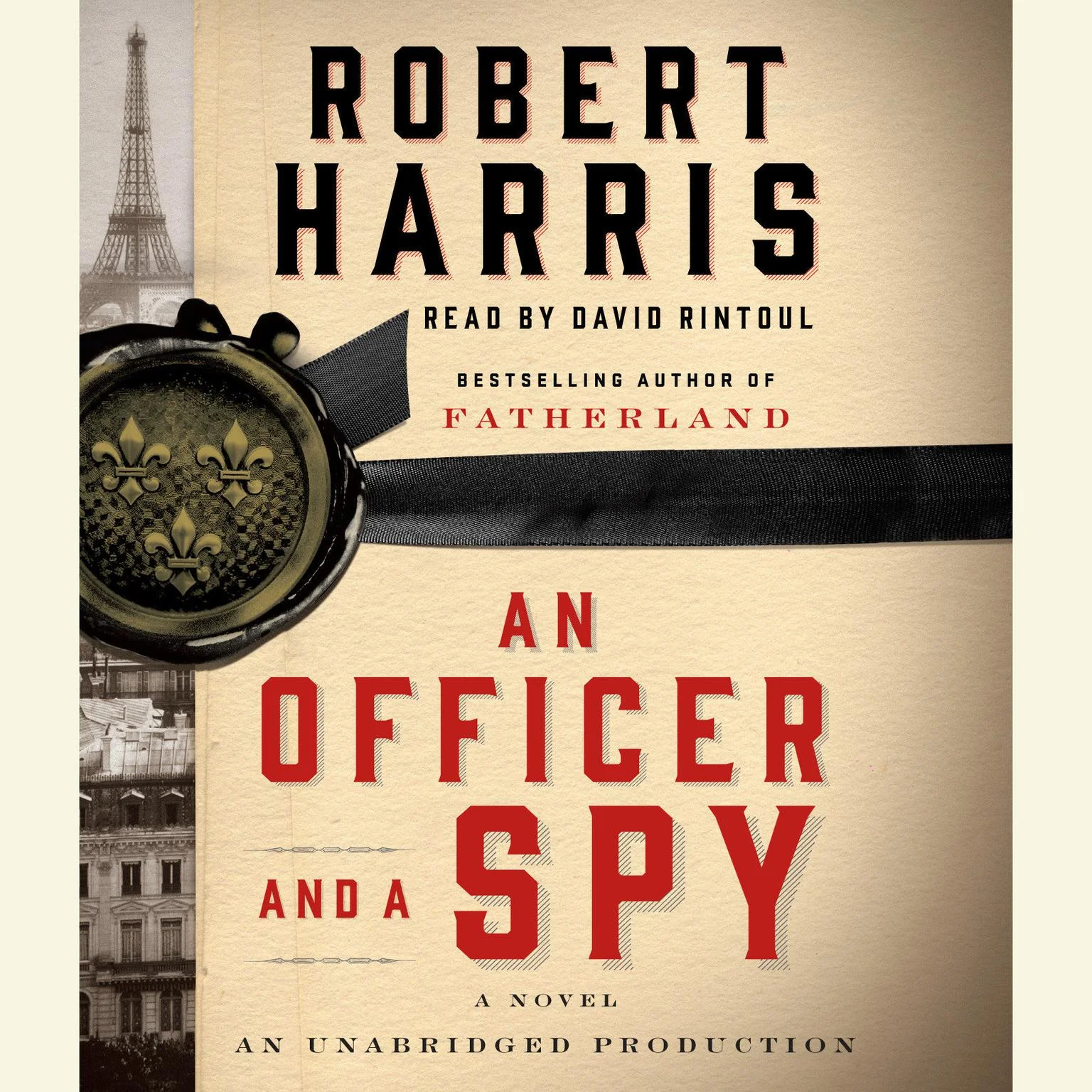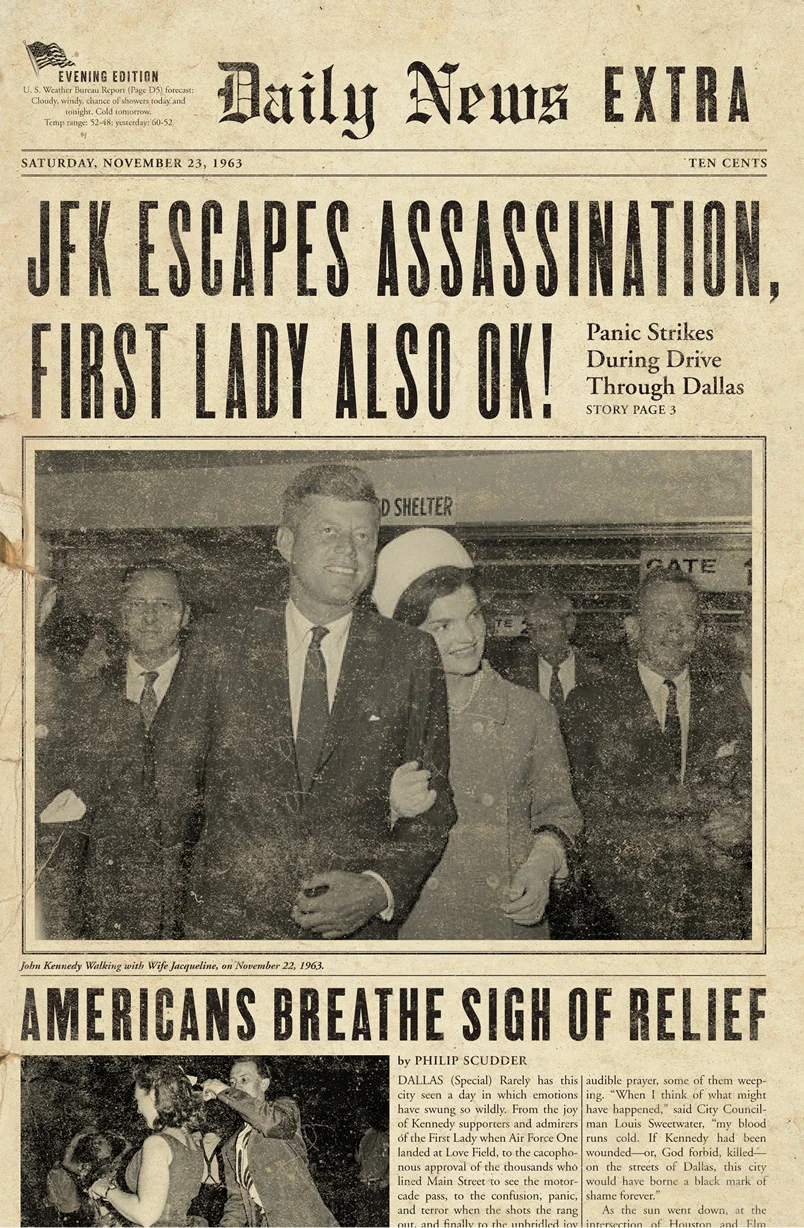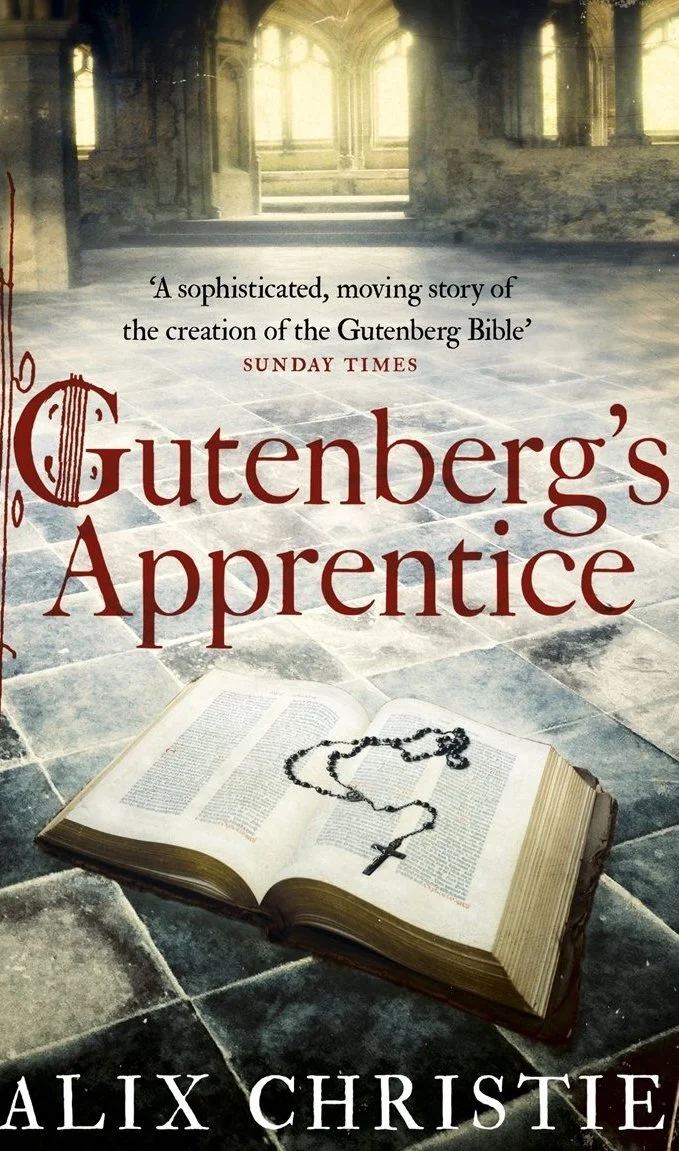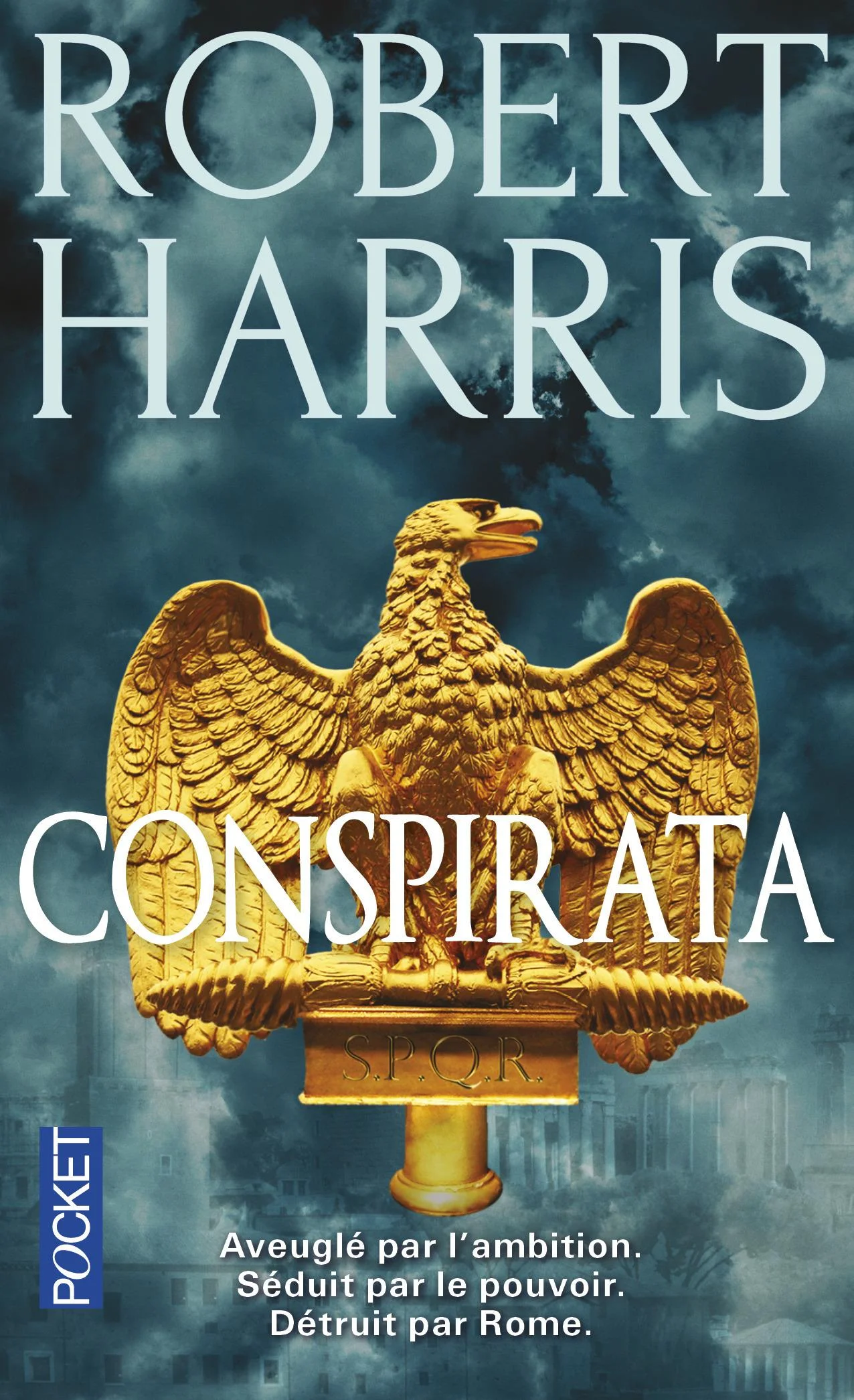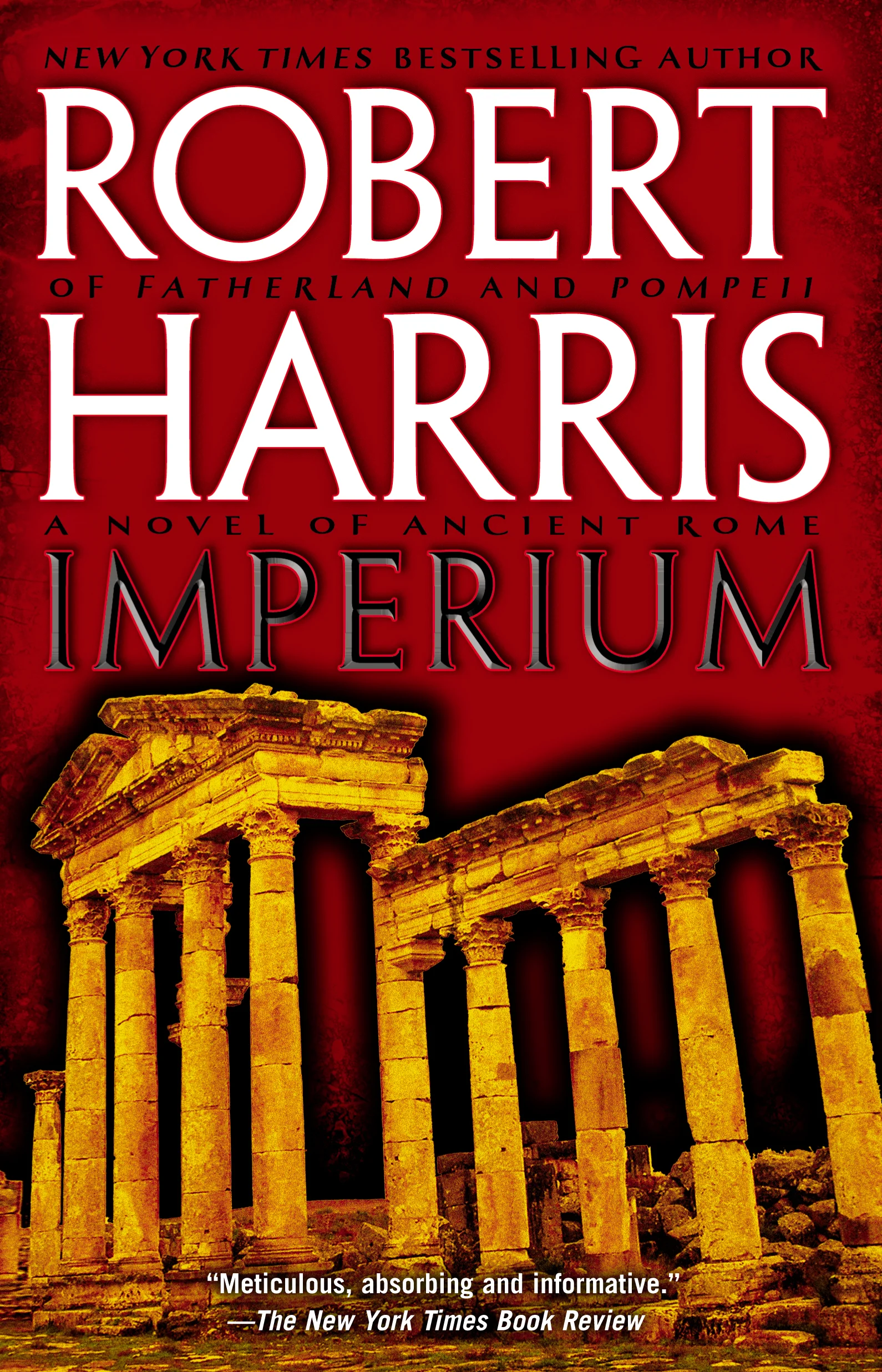Percival Everett’s “JAMES”
Book review by Dennis D. McDonald
I didn't read Mark Twain's The Adventures of Huckleberry Finn when I was a kid. I think I first read it when I was in my mid or late 20s.
I remember being amazed by Twain's writing, especially the time spent by Huck and Jim on the river. By then I was well aware of the controversy surrounding the book's language. Ever since, I haven't thought of the book as appropriate reading for the very young, not because of the language per se but because it requires some maturity to appreciate the book's complex themes.
So, what about Percival Everett's novel? My wife and I recently listened to the recorded version while driving to and from Asheville, NC. Along the road we saw a Confederate flag. At one roadside convenience store I saw a stack of fake Confederate currency for sale featuring Donald Trump in heroic poses.
While listening to the book on the road, I couldn't help but contemplate the residual aspects of American culture that have carried through to today from Jim's and Huck's time. Everett's rendering of slavery's essential dehumanization is present on every page. He juxtaposes Jim's bravery and intelligence with how he has to submerge his real self when dealing with white folks.
While the boy Huck Finn features prominently in Everett's novel via episodes from Twain's novel, everything in James is viewed from Jim's perspective. Nevertheless, while Huck's and Jim's relationship is central to Everett's novel, I'm not convinced that their relationship is essential. The writer Everett is clever and creative enough that I suspect he could have written a novel just as compelling without Huck.
But that would not be this excellent book. A key attraction of James is that the novel forces the reader to compare different views about institutions like racism and slavery. I wonder, for example, what certain people today (e.g., those who still insist that the US Civil War was really about "states' rights," or those who posit the "positive" aspects of slavery) might think after reading or listening to this novel. Would it have changed any minds?
Probably not. We may think we have advanced far beyond the 19th-century realities portrayed in Twain's and Everett's novels, but, unfortunately, there are still enough people to make things difficult.
Perhaps what these two books taken together seem to be saying, to me at least, is that it's hard to clearly define and objectively measure human differences when we all have so much in common.
Book review copyright (c) 2024 by Dennis D. McDonald






